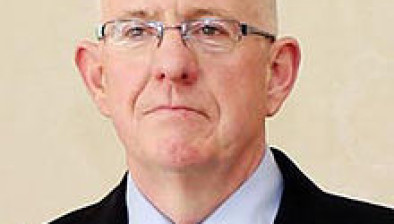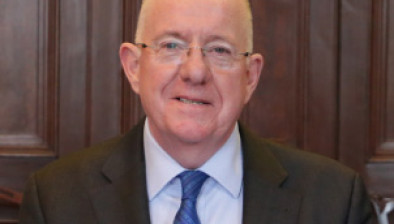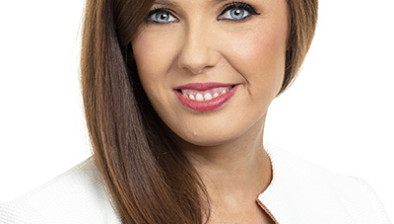Yvonne Joyce: Coroners Bill proposes significant changes to current regime

Yvonne Joyce
Yvonne Joyce, a partner at Comyn Kelleher Tobin takes a look at legislation altering the coronial regime.
The Coroners (Amendment) Bill 2018 was published by Justice Minister Charlie Flanagan on 2nd August 2018. The Bill proposes significant amendments to the current legislation including:
- Deaths which require reporting to Coroners,
- Who is required to report deaths to the Coroner,
- Strengthening the Coroner’s investigative powers.
Some of the key proposed changes in the healthcare context are:
1. Purpose of the inquest
Currently, the inquest is a limited fact-finding inquiry to establish the answers to:
- who has died,
- when and where the death occurred, and
- how the cause of death arose.
The proposed Bill allows a wider scope for the Coroner to allow him/her to investigate the circumstances in which the death occurred to the extent he or she considers it necessary and therefore no longer limits the Coroner to establishing the medical cause of death.
The position remains that the Coroner does not decide whose fault it was, or whether there was a criminal offence. It will remain the case that Coroners do not have any power to make a finding of civil or criminal liability.
2. Deaths requiring mandatory reporting
The proposed Bill sets out a detailed schedule of deaths that are reportable to a Coroner. This schedule specifically includes:
- Any death which may be by assisted suicide.
- Any death of a stillborn child, death intrapartum or infant death.
- Any maternal death or late maternal death.
- Any death where an allegation is made, or a concern has been expressed regarding medical treatment provided to the deceased or the management of his/ her healthcare.
- Any death which may be as a result of an unconventional medical procedure or treatment.
3. How deaths are reported
The proposed Bill extends the obligation to notify a death to a Coroner to include:
- Any medical practitioner, nurse or midwife who had responsibility for an involvement in the treatment or care of the deceased person in the period immediately before his or her death or who was present at his or her death:
- Any paramedic or advanced paramedic who had responsibility for, or involvement of the care of the deceased person and the period immediately before his or her death:
- If the reportable death concerned is that of a stillborn child or a death intrapartum, any medical practitioner, nurse or midwife who had responsibility for, or involvement in the treatment of care of the woman concerned in the period immediately before or after the delivery of the stillborn child, or who was present at the delivery, is required to report, or cause to be reported, the death to the Coroner.
4. Duty to hold an inquest
It is proposed under the new Bill that the Coroner will have the duty to hold an inquest where the death is unexpected and from unknown causes. Currently, the Coroner is obliged to hold an inquest where the death was sudden and from unknown causes.
The Bill also provides the Coroner must hold an inquest where:
A) The deceased person was, at the time of his or her death or immediately before his or her death, in State custody or detention; or
B) The death of the person is a maternal death or a late maternal death.
In respect of maternal or late maternal deaths, the Coroner does not have to hold an inquest if, having consulted with a family member of the woman, the Coroner is satisfied that the death of the woman is a natural one. The Bill sets out the criteria which the Coroner will have regard to in reaching this decision.
5. Independent experts
The Bill also provides that if a Coroner considers that he or she requires the advice/assistance of an expert for the purposes of the inquest, he or she can obtain such advice. Whilst this has more recently been the case in practice, this now puts a Coroner’s entitlement to instruct an independent expert on a statutory footing.
6. Power to enter and inspect premises and production of documents
The Coroner will have new powers, acting under a District Court warrant, to enter and inspect premises and to take copies or take possession of documents that are relevant or material to the inquest.
On publishing the Bill, the Minister indicated that it was a priority for him personally and for the Government as it would address “a key problem in a number of high-profile cases which have caused great public unease” regarding the reporting of some maternal or peri-natal deaths. The Bill has passed through the Dáil and is currently before the Seanad, with the Minister indicating that he would hope the Bill will be enacted before the Summer recess.

Yvonne Joyce is a partner at Comyn Kelleher Tobin









